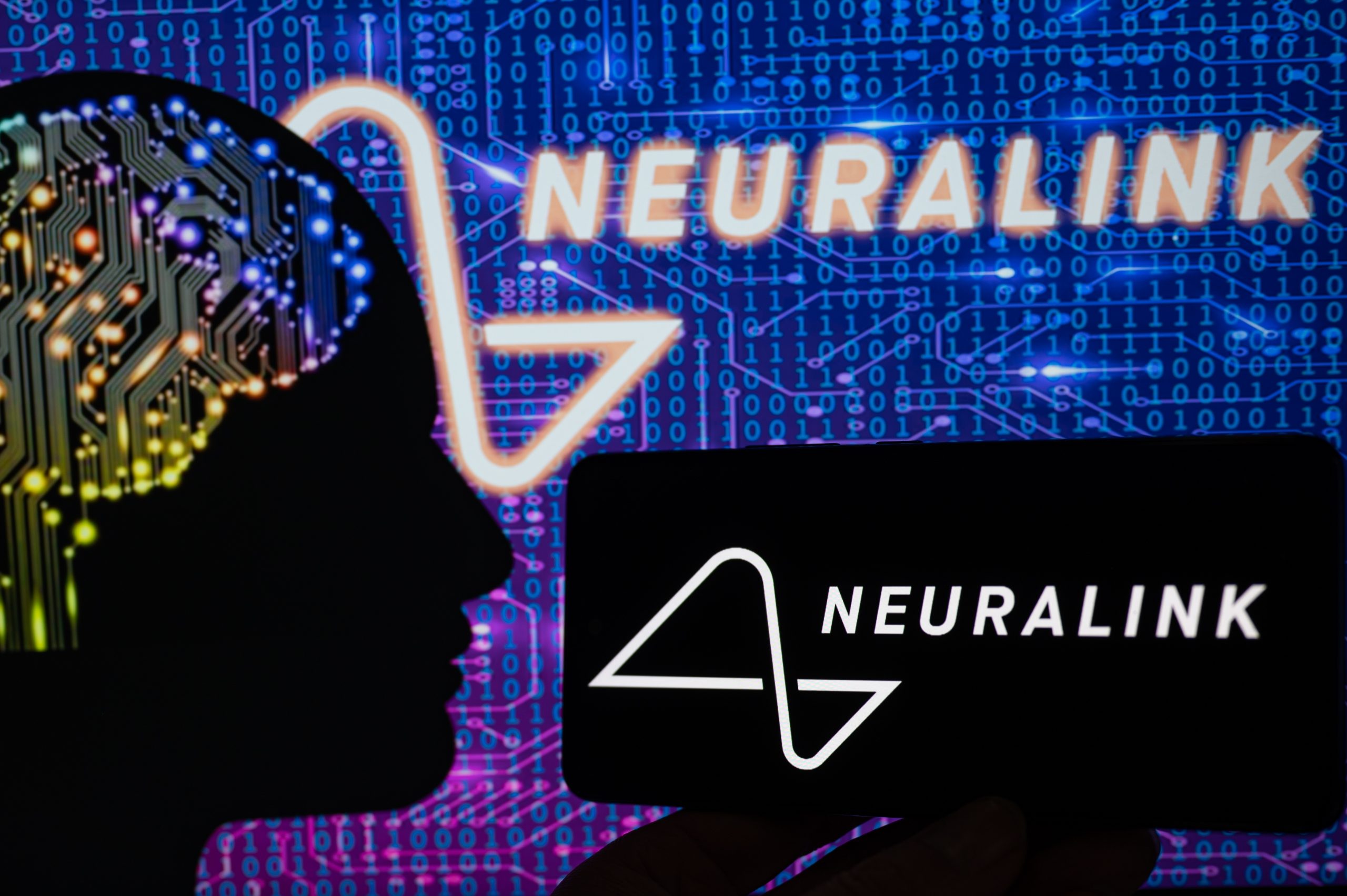Elon Musk’s brain implant company, Neuralink, has been granted approval by the US Food and Drugs Administration (FDA) to conduct tests on humans to help restore vision and mobility by connecting brains with computers. The microchips, which have been tested in monkeys, interpret signals produced in the brain and relay the information to devices through Bluetooth. Neuralink’s technology aims to treat conditions such as paralysis and blindness and assist disabled people in using computers and mobile devices. The company has faced setbacks in gaining FDA approval in the past, and experts warn of challenges ahead in testing the brain implants.
- Neuralink has received approval from the US FDA to conduct its first tests on humans.
- The company aims to restore people’s vision and mobility by connecting brains with computers.
- Experts have cautioned that extensive testing is required to overcome technical and ethical challenges before the technology becomes widely available.
What if you could restore someone’s vision and mobility by connecting their brain with a computer? Neuralink, a brain implant company founded by Elon Musk, has received approval from the US Food and Drugs Administration (FDA) to conduct its first tests on humans. Their microchips have been tested in monkeys and are designed to interpret signals produced in the brain and relay information to devices via Bluetooth. But, as with any new technology, there are challenges and ethical considerations that will need to be addressed before it can become widely available.
Neuralink’s microchips have been tested in monkeys and are designed to interpret signals produced in the brain and relay information to devices via Bluetooth. The company hopes to use its technology to treat conditions such as paralysis and blindness, and to help certain disabled people use computers and mobile technology.
According to a tweet by Neuralink, the approval was “the result of incredible work by the Neuralink team in close collaboration with the FDA”. The company says it does not have immediate plans to start recruiting participants, but promised more information “soon” on plans to sign up trial participants.
Previous Setbacks
This is not the first time that Neuralink has attempted to gain FDA approval. An earlier bid was rejected on safety grounds, according to a report by Reuters. Despite this setback, Neuralink has continued to pursue its goal of connecting brains with computers.
Challenges Ahead
Experts have cautioned that Neuralink’s brain implants will require extensive testing to overcome technical and ethical challenges if they are to become widely available. The company has repeatedly overestimated the speed at which it can execute its plans. Its initial aim was to start planting chips in human brains in 2020, in order to honour a pledge made the year before. It later vowed to get started in 2022.
Final Thoughts
While the FDA approval is certainly a milestone for Neuralink, it’s important to proceed with caution and ensure that safety, accessibility, and reliability are prioritized throughout the engineering process. The potential benefits of this technology are great, but the challenges and ethical considerations cannot be overlooked. As with any new technology, extensive testing and thoughtful consideration of the impacts on individuals and society as a whole will be essential. However, if done responsibly, the possibilities for improving the lives of those with paralysis and blindness, and enabling disabled individuals to use computers and mobile technology, are truly exciting.
FAQ
Q: What is Neuralink?
A: Neuralink is a brain implant company founded by Elon Musk that aims to help restore people’s vision and mobility by connecting brains with computers.
Q: What has Neuralink received approval for?
A: Neuralink has received approval from the US Food and Drugs Administration (FDA) to conduct its first tests on humans.
Q: What are Neuralink’s microchips designed to do?
A: Neuralink’s microchips are designed to interpret signals produced in the brain and relay information to devices via Bluetooth.
Q: What conditions does Neuralink hope to treat with its technology?
A: Neuralink hopes to use its technology to treat conditions such as paralysis and blindness, and to help certain disabled people use computers and mobile technology.
Q: Has Neuralink faced any setbacks in gaining FDA approval?
A: Yes, an earlier bid by Neuralink was rejected on safety grounds according to a report by Reuters.
Q: What challenges does Neuralink face in developing its brain implants?
A: Experts have cautioned that Neuralink’s brain implants will require extensive testing to overcome technical and ethical challenges if they are to become widely available.
Q: When did Neuralink originally plan to start planting chips in human brains?
A: Neuralink’s initial aim was to start planting chips in human brains in 2020, in order to honour a pledge made the year before.
Q: What are Neuralink’s priorities during its engineering process?
A: Neuralink promises that “safety, accessibility and reliability” are all priorities during its engineering process.










